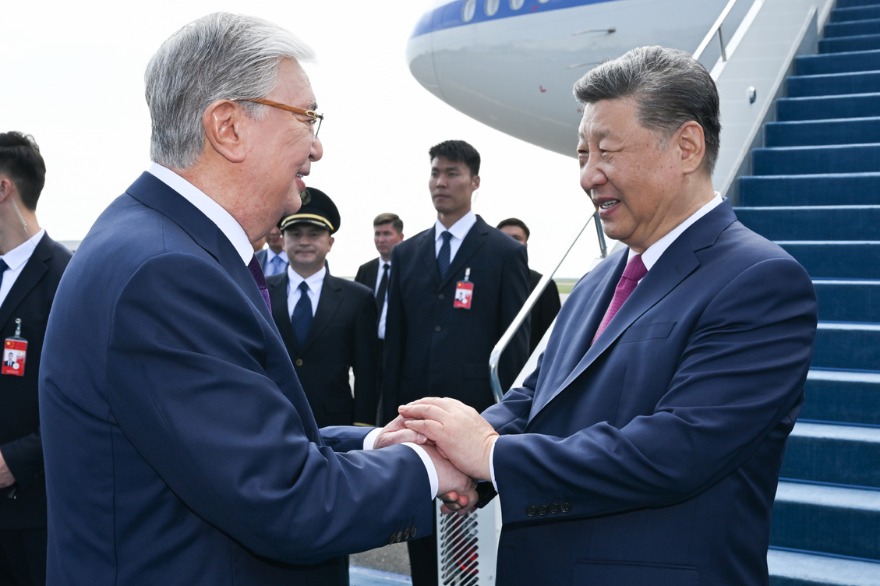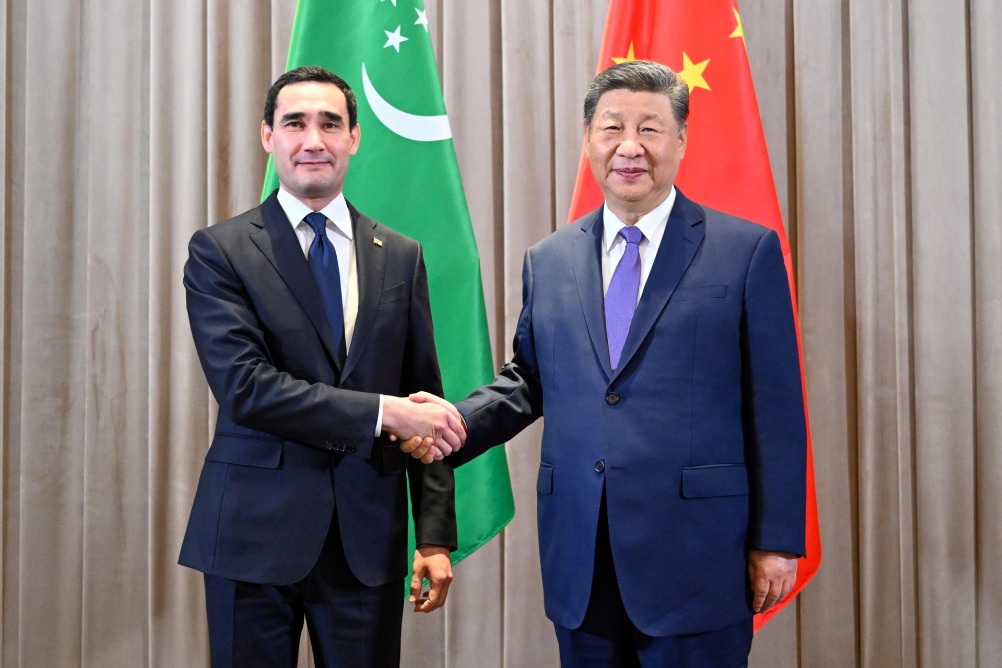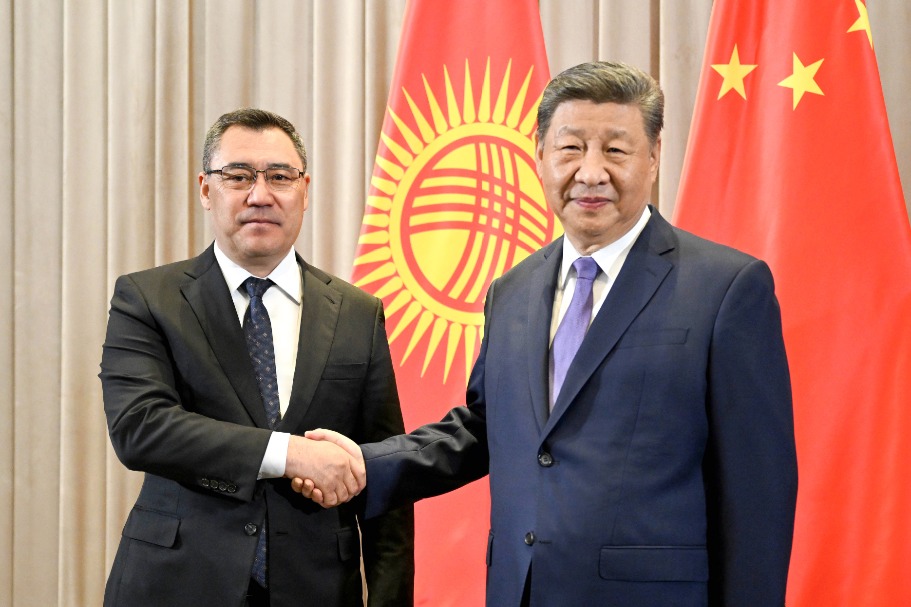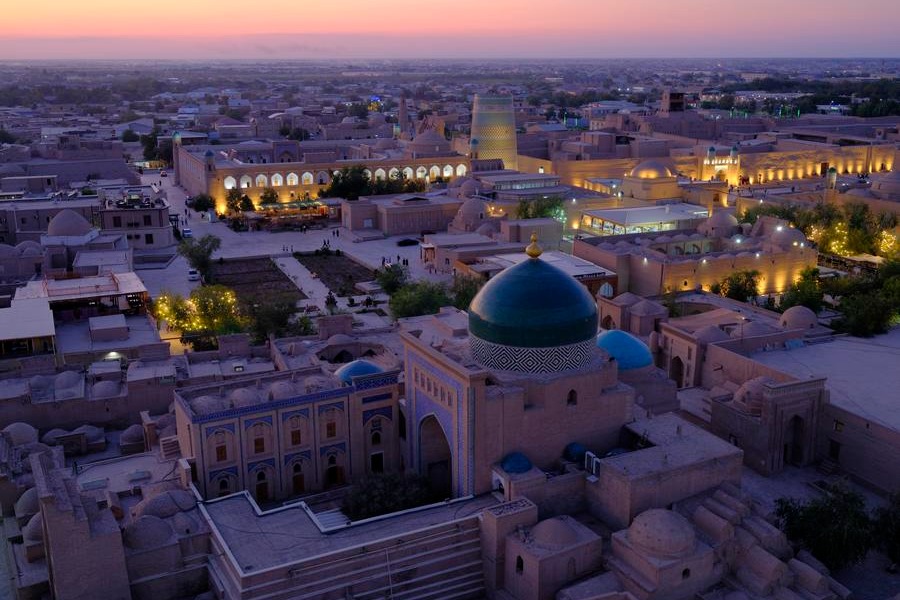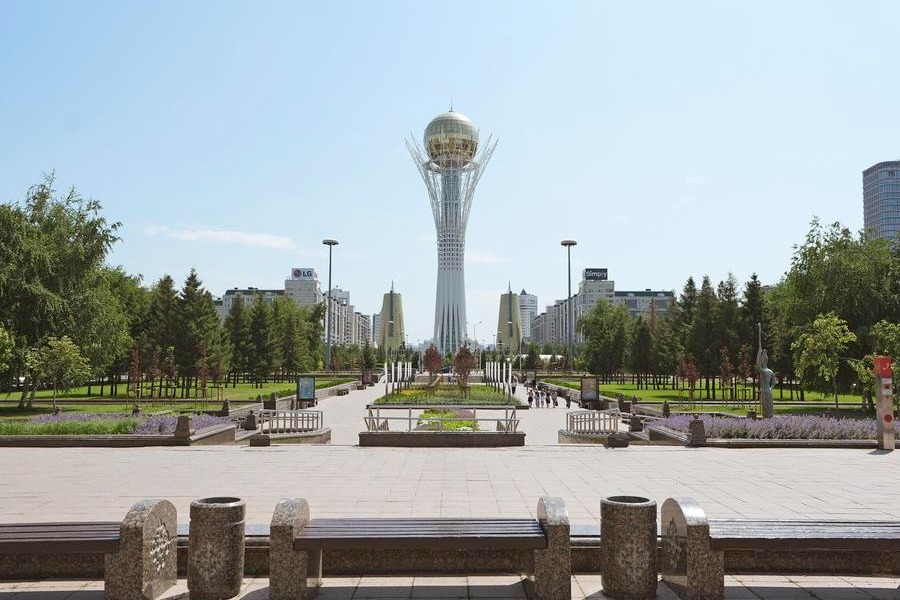Highly compatible
The deepening economic cooperation between China and Africa is beneficial to both

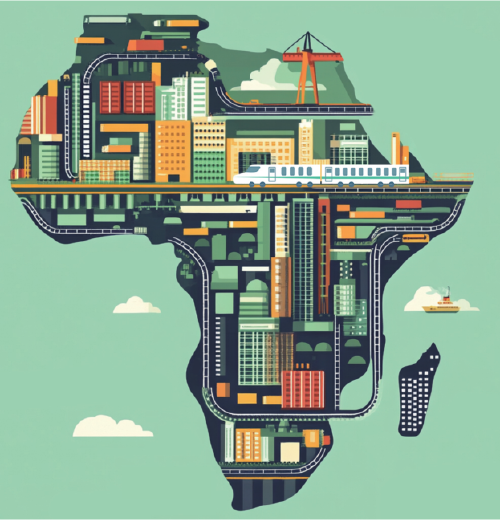
It is a fact that China's economic interests in Africa have been summed up in two words for much of the past two decades: investment and trade. In 2024, trade between China and African countries was $295 billion and China had 643 overseas direct investment projects in Africa, with a total value of about $150 billion, making China one of Africa's largest sources of foreign investment. The scale of Sino-African economic cooperation has reached new highs and there has been a steady growth momentum.
Aside from the increasing volume of trade, there has also been an improvement in the trade structure between China and Africa, as evidenced by China's steadily increasing imports of agricultural products from Africa. China's imports of African nuts, fruits, vegetables and flowers increased by 130 percent, 32 percent, 14 percent and 7 percent, respectively, in 2023, as compared to 2022.
It was announced at the Eighth Ministerial Conference of the Forum on China-Africa Cooperation in November 2021 that China would establish a "green channel" through which agricultural products from African countries could enter China. In fact, this "green channel" has already started yielding results by shortening the time for inspection and quarantine as well as expanding the scope of the exemption from customs duty, creating more market opportunities for African farm products such as pineapples, avocados and citrus fruits.
China-Africa cooperation in the digital economy is also growing and becoming more diverse, helping African countries realize their digital transformation. Chinese companies have also been actively involved in building digital infrastructure in Africa in order to assist African nations narrow the digital divide. A livestreaming event was held during the online shopping festival for African goods in June 2023, at which Chinese and African livestreamers combined forces to promote African specialty products to Chinese consumers, allowing them to easily purchase these products. A number of quality African products are also being brought to the Chinese market via cross-border e-commerce platforms as part of the Silk Road e-commerce collaboration between the two sides.
Moreover, it is worth mentioning that the high growth of economic and trade cooperation between China and Africa is largely due to the fact that the economies of both Africa and China are highly complementary in nature. China possesses mature and applicable technologies, equipment and sufficient capital, whereas African countries have significant advantages in terms of manpower and natural resources. Manifestations of this complementarity can be seen in a wide range of fields, including industrial cooperation, technical assistance, market potential and human resource collaborations in a variety of sectors, whether it is in agriculture, infrastructure, manufacturing, or service sectors. There is a great deal of benefit in strengthening trade ties between China and Africa, in order to harness their respective advantages and vast markets, achieve mutual gains, and build a win-win development partnership.
In order for trade development to succeed, it is imperative that the transport infrastructure in Africa should be well developed. As a result, the Africa-China cooperation places a high priority on improving the connectivity of infrastructure across Africa so that trade and economic integration can take place. There are also plans to enhance trade facilitation, financial integration, as well as policy coordination between China and African countries as part of the project. Through the latter, it will be possible to ensure that the development strategies of the two sides are harmonized and mutually reinforcing. There have also been a number of landmark projects that have been undertaken in recent years in emerging sectors such as aviation, aerospace, e-commerce, energy, housing and livelihoods. Since the founding of the FOCAC, Chinese companies have built and upgraded more than 10,000 kilometers of highways, nearly 1,000 bridges, around 100 ports and a large number of hospitals and schools in Africa. It is because of these infrastructure projects that China has emerged as the largest bilateral creditor to Africa, providing African countries with a new source of financing in the areas of infrastructure, mining and energy.
There is no doubt that, in the decade ahead, China's private sector will likely lead trade and investment in Africa in a more significant manner. In fact, more than 70 percent of the 3,000 Chinese enterprises that have expressed an interest in Africa are private sector companies. It is likely that the African Continental Free Trade Area will accelerate this trend by promoting the growth of regional value chains, giving Chinese businesses a chance to access a larger and more unified African market. It is imperative for both parties to prioritize the enhancement of coordination among the AfCFTA, the FOCAC and the Belt and Road Initiative, in order to fully realize this immense potential. Investments should be targeted at catalyzing the industrialization and manufacturing projects, as well as enhancing trade connectivity across the AfCFTA region. Better coordination and synergy will ensure mutual benefits and sustainable growth for Africa and China. It seems that Africa is set to expand its supply chain to feed factories across the continent.
In the future, many of these factories will feature collaborations between Chinese and African entrepreneurs, as well as government agencies, producing consumer goods for the growing middle-income group in Africa. This is an important development. As a matter of fact, the bottom line is that Africa needs China, and China needs Africa as well. There is no doubt that China's investments, trade and technology, as well as its foreign aid, loans and grants, play a major role in promoting Africa-China economic cooperation. However, in the long-term, Africa must engage with China in a more integrated manner, pushing for a more balanced trade structure, and above all for a greater contribution of local added-value.

The author is an associate professor and executive director of Center for Nigerian Studies under the Institute of African Studies at Zhejiang Normal University. The author contributed this article to China Watch, a think tank powered by China Daily.
The views don't necessarily reflect those of China Daily.
Contact the editor at editor@chinawatch.cn.
















